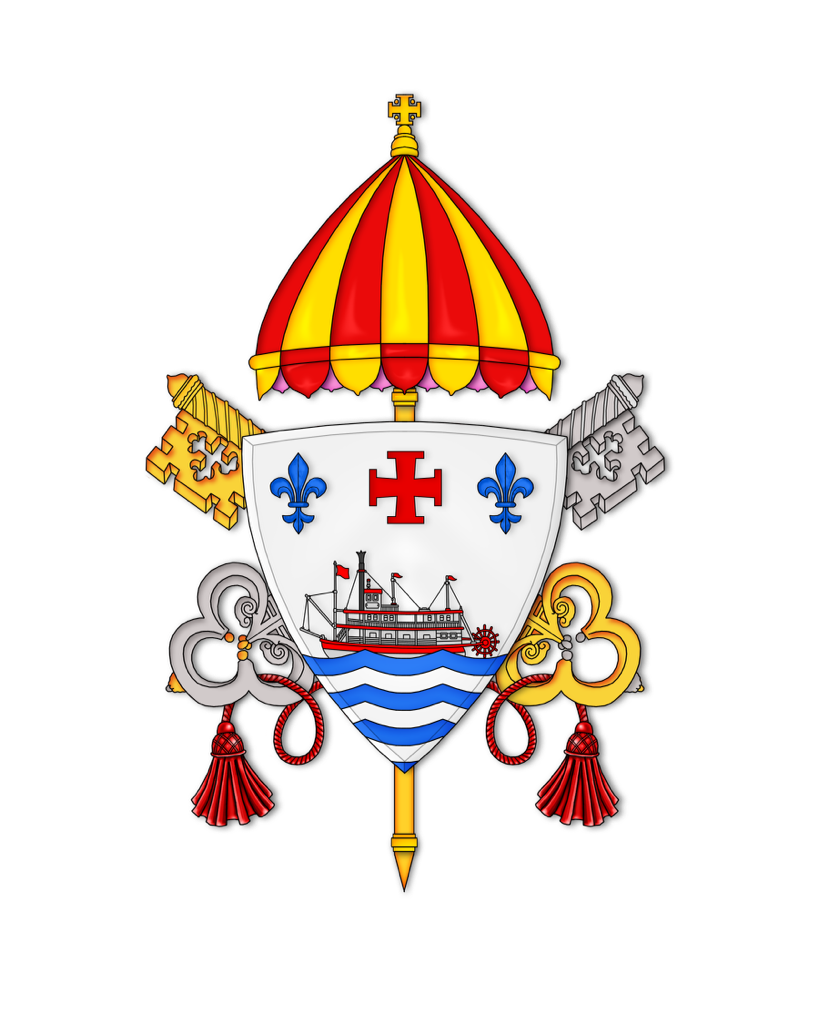Saint Armand
Feast Day February 6
By The Liturgy Commission.
Saint Armand was born in 584 A.D. in the Lower Poitou region of northeastern France to a noble family. Upon announcing his intention to become a monk, his family resorted to placing him under house arrest to try to change his mind. Armand stayed resolute and eventually entered the monastery under the tutelage of Bishop Austregisilus where he stayed in cloister for fifteen years. Leaving the monastery and after a pilgrimage to Rome, Armand was made a missionary bishop without a fixed diocese and tasked to evangelize to the people of the still pagan city of Ghent in modem Belgium. Initially Armand made little progress with the pagans of Ghent even as his remit was expanded to the entirety of Flanders or northern Belgium. However, with perseverance and the performance of a few miracles, Saint Armand was finally able to begin to change the hearts of the people of Flanders.
However, in contrast to the saint's success a problem arose. Despite founding a new monastery and being elevated to a more traditional bishop-hood in 628, Armand frustrated the King Dagobert, whose kingdom was the location of Armand's diocese, with his calls for the king to change his ways. Exiled by King Dagobert, Armand began another a mission amongst the Slovaks of the Danube river valley in modern Slovakia. The Slovaks proved to be even more obstinate than the people of Flanders, but Dagobert relented and offered Armand a place in his court. The saint refused but returned to France and Flanders as a bishop and de facto agent of the Pope. His new task was to oversee the establishment of more monasteries and abbeys while suppressing a heresy that had taken root in what was then the eastern edge of Christendom.
Then in the seventieth year of his life, Armand resigned his see and returned to missionary work journeying to the Basque country of northwestern Spain. After returning to his homeland in France, Saint Armand died at the age of ninety in 675.
Saint Armand is the patron saint of wine makers, beer brewers, merchants, innkeepers, and bartenders as his dioceses of Flanders and northeastern France are legendary for their fermented beverages.
His feast day is February 6.

Memory of Armand Perrault
Stain glass window in St. Mary Basilica
In this window Saint Armand holds a bishop’s staff or Crosier telling us his position. His robe is purple symbolizing truth, passion, and suffering. His right hand is blessing others a denotation of his missionary work.*
The Basilica of Saint Mary
105 South Union Street
Natchez, MS 39120

Church Office @Family Life Center
613 Main Street
Natchez, MS 39120
601.445.5616 | Email